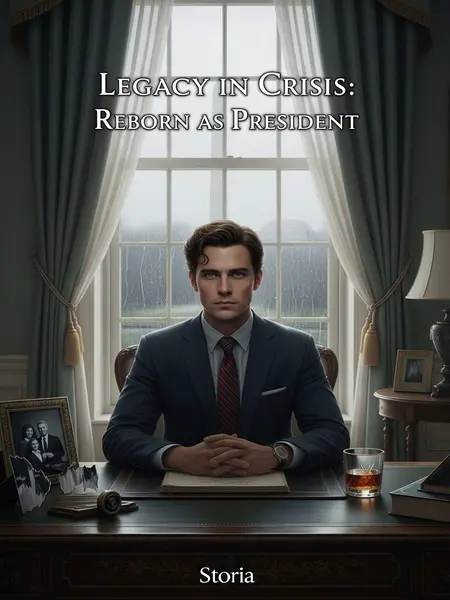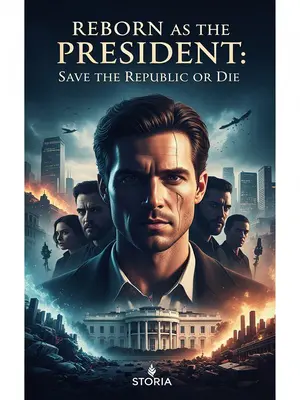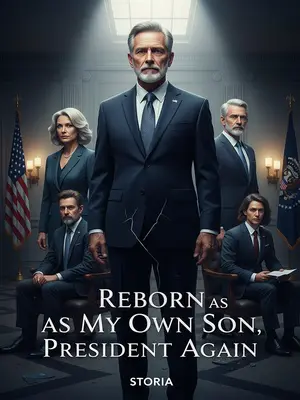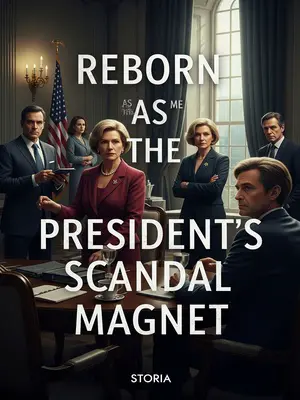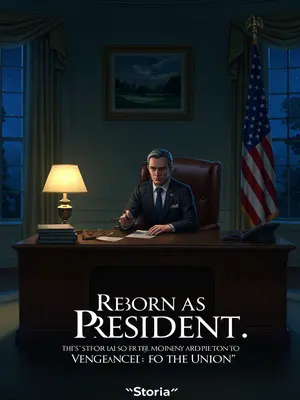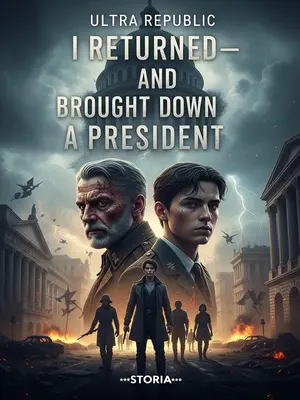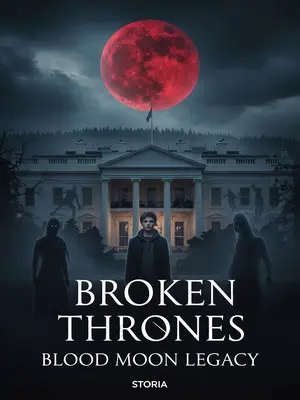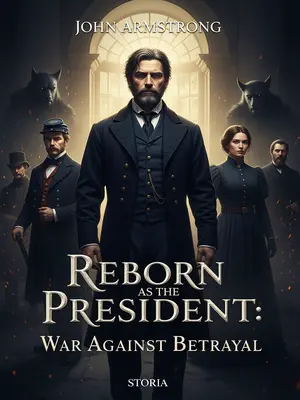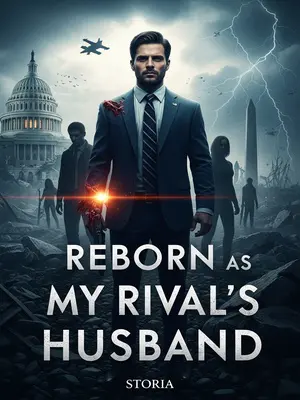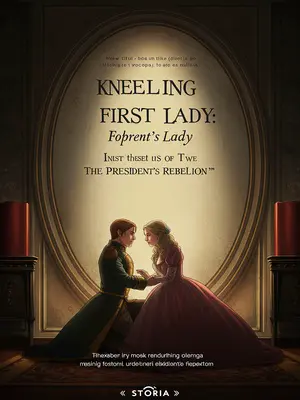Chapter 2: The Fury of a Fallen Patriarch
"Sir? Are you awake? President Whitmore, can you hear me?"
A cautious voice echoed through the stately Oval Office, its urgency cutting through the morning hush. Seated high behind the Resolute desk, the president slowly opened his eyes, blinking away confusion.
Golden sunlight filtered through the bulletproof windows, casting dramatic shadows over the presidential rug. Harrison’s bones ached—a familiar pain, a lifetime of burning the candle at both ends. Yet as he sat up, the posture of command returned: straight spine, icy gaze, the unspoken authority that had once steered the nation through crisis.
Years of indulgence had left a decadent air lingering about him, but now, dignity settled over his shoulders like a tailored suit. He frowned, scanning the room.
The sharp scent of old leather and polished wood mingled with the faint aroma of fresh paint. Portraits of former presidents lined the walls, their eyes silently judging. Harrison’s gaze swept over the iconic furnishings—the desk, the flags, the antique clock ticking away the fate of America.
It all felt oddly familiar, yet subtly wrong. Was this truly his office? He leaned forward, fingertips brushing the edge of a stack of executive orders. The weight of history pressed in, but something had shifted—a sense that time itself had twisted.
Harrison Whitmore, masking his shock, commanded the room with a single glance. Instantly, the staff straightened up, nerves taut.
A junior staffer nearly fumbled his tablet, while a Secret Service agent snapped to attention, eyes darting for any sign of trouble. The air was charged, everyone waiting for Harrison’s next move.
Ignoring the anxious staffers, Harrison retreated into his thoughts.
Wasn't I dead?
He tapped the desk, lost in memory. Campaign trails blurred with midnight negotiations, the loneliness of power, the final hours spent in the residence. Regret and pride twisted together.
Memories crashed over him—a lifetime from childhood to a melancholy end. Faces flashed by: trusted allies lost, enemies made, triumphs celebrated in champagne-soaked ballrooms, defeats mourned in silent corridors.
In that instant, Harrison, freshly acquainted with Sebastian Whitmore’s reckless history, erupted in silent, simmering fury.
His jaw locked, fists clenched. He could almost hear the arguments in the Roosevelt Room, the sting of betrayal at family dinners.
He had trusted powerful relatives, only to see the administration descend into chaos. The Lawson Rebellion, the Mayfield mutiny, firing his beloved First Lady to escape scandal—useless fool!
The golden age I carved out through sleepless nights—how did it end up in the hands of such a reckless, disappointing brat?
He’d been decent in the first half of his life; how had he become so corrupt and depraved in the second?
Pleasure was one thing—after all, as president, few matched my diligence. But to steal his own son’s wife?
In all of history, only you, this prodigal, have stooped so low, right?
If I weren’t so used to being president, trained to remain calm even during the Cuban Missile Crisis, I’d probably snatch the ceremonial sword off the wall and fire a few people just to vent my rage.
He forced a slow breath, unclenching his fists. Years of crisis management had taught him restraint, but the urge to upend the room was almost overwhelming. He glanced at the ceremonial sword mounted above the fireplace—purely decorative, but in that moment, it seemed almost tempting.
